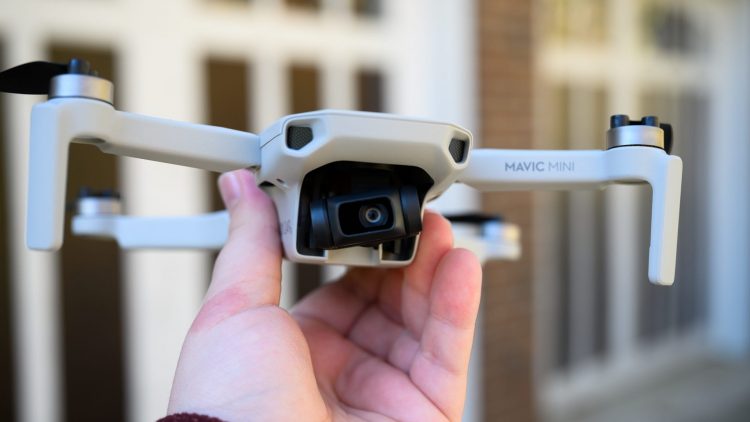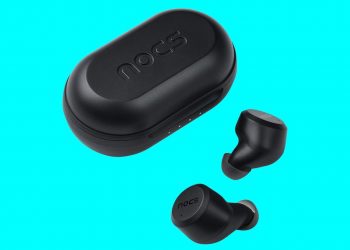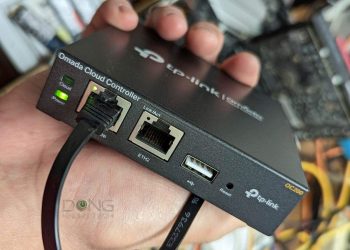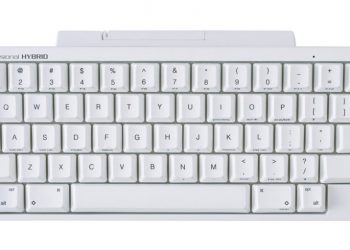We’ve finally reached a point where drones are affordable. Still, enthusiasts insist that you need to spend $1,000 to buy anything decent—a drone of this price may be overkill for you, but frankly, some cheap drones are genuinely awful. So, when is a cheap drone worth the money, and how cheap can you go?
Note: This article specifically focuses on photo and video drones, which are highly stabilized and relatively slow. That said, some of this information may apply to FPV racing drones.
What Do You Get With a Cheap Drone?
At the time of writing, any drone under $250 or $300 is a toy. You can’t really capture high-quality videos or photos until you break past this price point. But if you’re willing to spend $300 or more on a drone, you’re basically guaranteed to get something great.
Most drones in the $300 to $500 range are quite small, though they shoot video at 2K or 4K resolution and are easy to use. They tend to use fairly small sensors (usually a 1/2.3-inch sensor), which aren’t ideal for low-light or evening videography but can still deliver a crisp picture with nice colors.
To be clear, resolution and FPS aren’t as big of a deal as some people might lead you to believe. Unless you’re filming for a very particular business client, overall video quality trumps resolution every time. And most people won’t see a major difference between 30FPS and 60FPS, especially with ultra-stabilized drone shots. (Besides, nearly every movie ever made runs at 24FPS.)
Once you go beyond $500, you can get a drone with a larger, higher-quality camera sensor (usually between 1/1.3 inches and 1 inches). A big fat sensor offers a boost in color accuracy, contrast, ratio, and depth of field. This is most noticeable in low-light environments, and it opens the door to nighttime videography. Of course, these more expensive drones tend to offer a few extra perks, like 6K video, advanced object tracking, and improved wind resistance.
Starting Cheap Gives You the Freedom to Learn
Justin Duino / Review Geek
There’s this weird misconception that drones have a “difficultly curve,” which is completely untrue. If you can pilot a $500 drone, you’ll have no trouble flying one that costs $2,000. It’s like driving a car—you don’t need to “work your way up” from a Honda to a Porsche.
That said, you probably wouldn’t buy a Porsche for a teenager! New drivers are still figuring out the rules of the road, and they rarely know how to take care of a car. Mistakes are inevitable, so it’s best to start with something that doesn’t cost an arm and a leg.
If you’re still learning to pilot a drone, you’ll make some mistakes. You will crash into trees, push the battery life too far, and fail to properly clean or maintain your drone. Plus, you’ll eventually run into a situation where a drone’s GPS and video feed stop working—are you confident enough to look into the sky and fly a drone manually?
A cheap drone gives you the freedom to learn and make mistakes. Not to mention, budget drones like the DJI Mini are incredibly popular, so it’s easy to find replacement parts (and repair guides) when something breaks.
DJI Mini 2
The DJI Mini 2 offers 4K 30FPS video and uses a 1/2.3-inch sensor. It offers incredible video quality for the price, and it constantly receives updates and improvements from the manufacturer.
You May Not Need an Expensive Drone
DJI
It’s easy to get caught up in specs and details when shopping for a drone. Obsessing over these small details is a waste of time—you’re buying a drone to shoot video, so you should find one with a video quality that you enjoy.
In other words, look up drone footage on YouTube. Compare footage from inexpensive and high-end drones, and pay attention to how drones react in different environments (such as beaches, cities, rural areas, etc). You may also want to look up drone photography on Flickr, bearing in mind that a drone’s video and photo quality aren’t identical. (Also note that video and photos you encounter may be edited.)
Chances are, you’ll be very impressed by some “cheap” drones. Premium drones are intended for businesses and movie studios, so they’re usually overkill.
Once you’ve found a drone that shoots great video, you can start worrying about the details. Things like battery life and range are important, though I suggest focusing on camera-centric features, such as object tracking (which you can use to follow or circle around a subject). You should also check reviews for a drone to see if it’s reliable, easy to repair, and frequently updated by the manufacturer.
DJI Mini SE
The DJI Mini SE offers 2.7K 30FPS video and uses a 1/2.3-inch sensor. It’s a steal for the price, especially if you’re a beginner. That said, it’s a bit less versatile than drones that cost $100 more.
Which Cheap Drones Are Worth Buying?
Justin Duino / Review Geek
While there are plenty of “entry-level” or “cheap” drones to choose from, I suggest buying from DJI. It’s the leading brand, it does a great job supporting its products, and it’s usually a step ahead of the competition (especially in terms of camera quality).
Plus, DJI drones are so common that you’ll never have trouble finding tutorials, spare parts, or accessories. And they tend to retain their value, which means that you can sell your drone for a decent price when it’s time to upgrade.
At the time of writing, the DJI Mini SE ($300) and DJI Mini 2 ($450) are the best drones under $1,000. While the Mini SE captures video at a 2.7K resolution, the Mini 2 caps out at 4K. Unless you’re on a tight budget, I suggest springing for the Mini 2 upgrade, as you’ll get a better picture quality with improved wind resistance and some other perks. (That said, both drones use a 1/2.3-inch sensor, so their video quality is basically identical when shooting at 2.7K.)
Bear in mind that used drones are very common, especially previous-gen models like the DJI Mini 2. Enthusiasts constantly sell their old drones to get the latest and greatest stuff. And since these are flying machines, it’s pretty easy to tell when something’s broken, so the chances of ending up with a busted drone are relatively low.
Source by www.reviewgeek.com



















